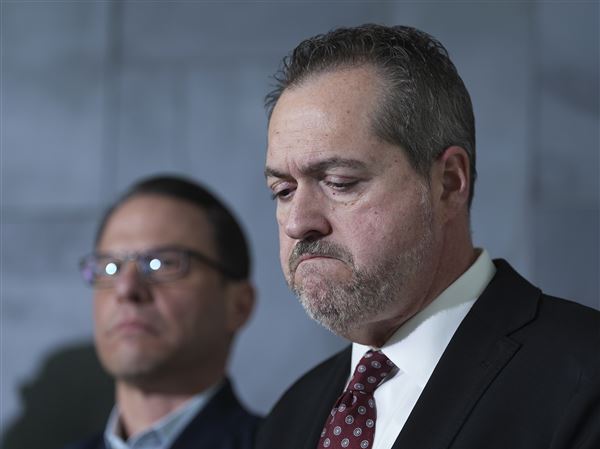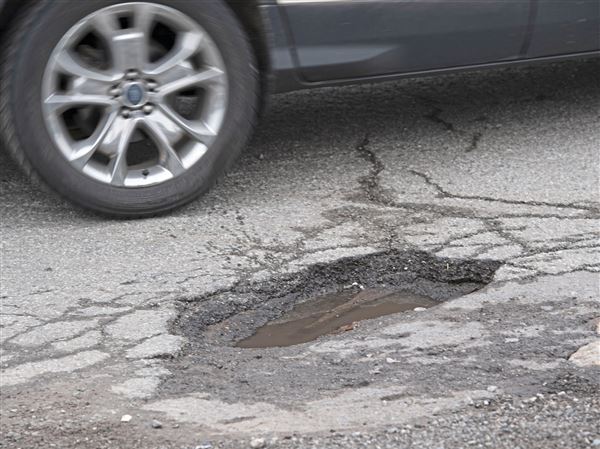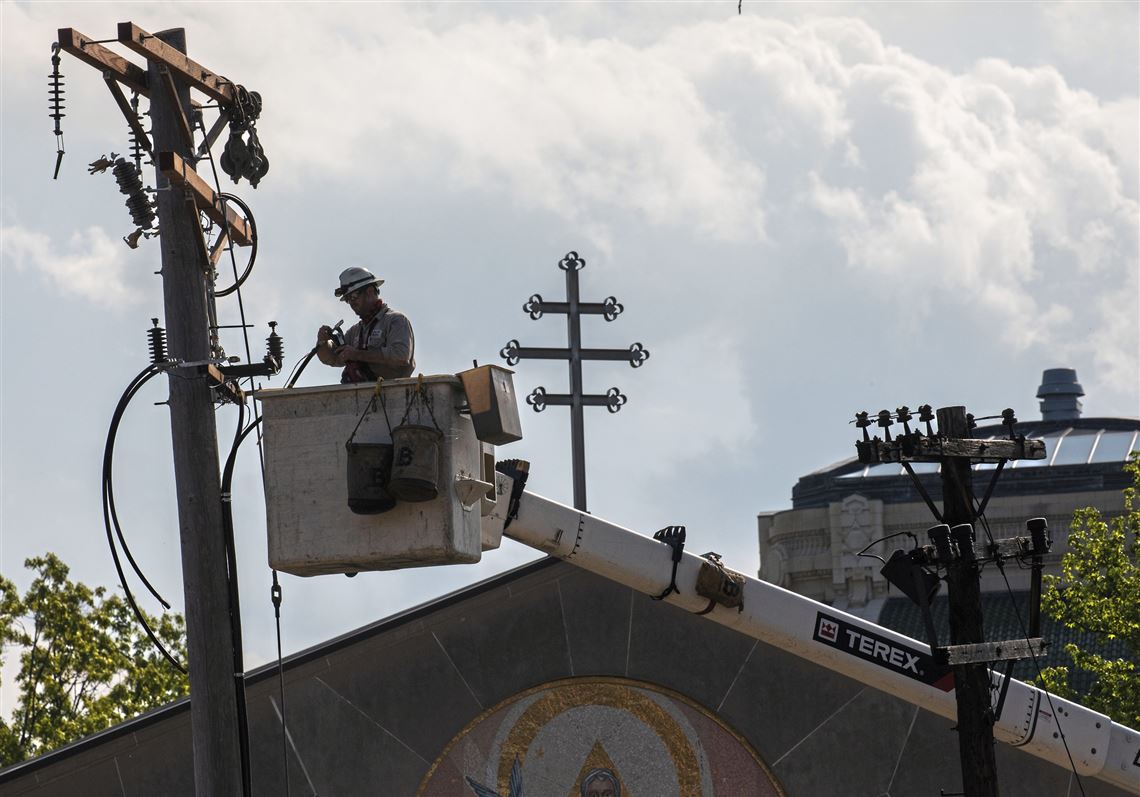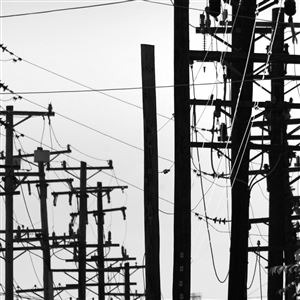Four months after the COVID-19 pandemic was declared an emergency, prompting utilities to suspend shutting off service to customers, Pennsylvania regulators are considering when is the right time to lift those restrictions.
It almost happened on Thursday, when Pennsylvania Public Utility Commissioner John Coleman surprised some of his colleagues with a motion to allow utilities to restart terminations.
Mr. Coleman said the data from natural gas utilities comparing the number of customers eligible for shut-offs last month with year-ago figures shows there are fewer in danger this year. He recommended those utilities be able to resume shut-offs immediately.
Electric, water and phone utilities generally had higher numbers of customers who would have been shut off this year, newly reported data showed. Mr. Coleman’s motion suggested they can do with another few weeks of the moratorium and begin preparing for shut-offs in July.
The PUC enacted a moratorium on utility shut-offs in mid-March, linking it to Gov. Tom Wolf’s COVID-19 emergency declaration. Earlier this month, the governor extended the state of disaster emergency for another 90 days. The Pennsylvania General Assembly, in turn, passed a resolution to end it, setting up a battle that will play out in the state Supreme Court.
In his motion Thursday, Mr. Coleman wondered if the PUC’s shut-off moratorium was even enforceable in light of this tension between the governor and the Republican-controlled Legislature.
Besides, he argued, the moratorium doesn’t come for free. Its costs “will increase every day and will ultimately be recovered from all utility customers, including many low-income-rate payers.”
He cautioned that cash-strapped utilities might delay critical repairs, jeopardizing safety, or would be forced to borrow money at high rates.
“Despite its ominous sound, the initiation of a utility termination process represents the beginning of a conversation between the customer and utility regarding reasonable payment terms,” he said.
The commission, which is one member short of its usual quintet, voted right down the middle, and the motion didn’t pass.
Vice Chairman David Sweet, who voted against it, called the discussion “premature.”
“This is a constitutional fight, which we are affected by, but it is not our issue,” he said.
Joining him was PUC Chairwoman Gladys Brown Dutrieuille, who said she’d like to have more time to look at the data recently submitted by utilities and check in with other states before she rules on lifting the ban.
“Ultimately, we’ve got to balance the needs of our utilities but also the needs of our consumers,” Ms. Dutrieuille said. “For me, [this] has not been resolved.”
Waiting to be slammed
Each utility that provided data to the PUC over the past month seems to be feeling the impacts of the pandemic differently.
At Duquesne Light, the number of residential customers who would have been subject to termination last month was 60% higher than a year ago and 57% higher for commercial customers.
Among residents, there was an 80% increase in confirmed low-income customers that might have been terminated in May versus a year ago.
This is despite the utility’s efforts to expand its customer assistance programs, including raising the income threshold to 250% of the federal poverty line, and waiving late payments and proof of income requirements to get assistance.
Yet Peoples Natural Gas, which has similar measures in place, reported that it had fewer customers eligible for termination last month than a year ago.
The Pittsburgh Water and Sewer Authority said as many as 8,873 residential accounts and 613 nonresidential customers would be subject to a shut-off, more than twice the number during May 2019.
The agency said it is “considering further changes to its customer assistance programs” and will vote on extending its shut-off moratorium until Aug. 1 during its meeting on June 26.
Pennsylvania American Water reported a 21% increase in the number of accounts that would be subject to termination compared with May last year.
Utilities across southwestern Pennsylvania have enacted a similar series of measures, such as waiving late payment fees, raising income thresholds for qualifying for assistance with bills, allowing customers to register for that assistance without income proof and not kicking them off those programs for nonpayment.
FirstEnergy Corp. utilities, which include West Penn Power, even reported putting their customer service reps through “empathy training” to better assist clients during a tough economic time.
West Penn Power would have had fewer residents and businesses eligible for termination in May than it did a year ago, the utility reported.
Even without the threat of terminations, the Dollar Energy Fund, which gives grants to pay for utility bills, saw a large uptick in demand last month. It doled out 40% more grants and 70% more dollars through those grants than during the same time last year.
“Most people who turn to us have either a temporary employment loss or a medical condition that prevents them from working,” said Jody Robertson, director of communications for the nonprofit organization. “With COVID, you have a snowball.”
While utilities and some consumer advocates worried that a pause in shutdowns will delay people seeking out help as their financial troubles mount, the Dollar Energy Fund has seen no slowdown, “although we do expect to be slammed when terminations resume,” Ms. Robertson said.
She urged consumers to apply for grants now, before the money runs out, as it usually does in late summer and early fall.
Elizabeth Marx, executive director of the Pennsylvania Utility Law Project, a Harrisburg-based nonprofit that helps low-income clients, said it is precisely because we don’t know what will happen when these hardship funds run out of money, or when the enhanced unemployment payments available through federal aid end, that lifting the moratorium on shut-offs is a bad idea. She even suggested it should stay in place until the economy begins to recover, which she conceded could be a long time from now.
Ms. Marx rejected the notion that the threat of terminations will prompt more people to seek the assistance they need, as implied by Mr. Coleman’s motion. Instead, she said, households will be faced with diverting funds from other necessities, such as groceries and child care.
“I just don’t think terminations need to be part of the collection tools right now,” she said.
Anya Litvak: alitvak@post-gazette.com or 412-263-1455.
First Published: June 21, 2020, 12:00 p.m.























